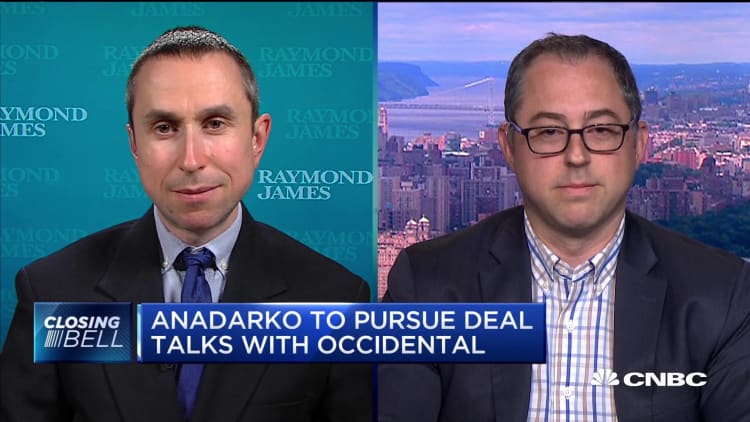Brent crude oil rose on Tuesday above $73 a barrel but then eased off the session high as the market grew less worried that a rebellion against Venezuelan President Nicolas Maduro would hit the country's crude exports.
Prices rose after opposition leader Juan Guaido called for military backing to end Maduro's rule, but pared gains after the government said state-run oil company PDVSA's operations were not disrupted and top military leaders remained loyal.
Violence had broken out at a protest outside a Caracas air base, but Reuters witnesses said the incident fizzled out.
"Acts of violence" by some members of the armed forces had been "partly defeated," defense minister Vladimir Padrino said. Operations of Venezuela's PDVSA were "normal" on Tuesday, the country's oil minister Manuel Quevado said in a tweet.
"The possibility that Guaido will take control of the situation isn't as strong as perceived this morning," said Bob Yawger, director of energy futures at Mizuho in New York. "If Maduro hangs on, you'll see the market stay lower."
Brent crude futures hit a session high of $73.27 per barrel and settled 76 cents higher at $72.80. U.S. West Texas Intermediate crude rose 41 cents to $63.91 per barrel on Tuesday.
Last week, Brent hit a six-month high above $75.
OPEC member Venezuela's oil exports have been hit by U.S. sanctions on PDVSA and an economic crisis, helping bring OPEC's production to a four-year low, according to a Reuters survey.
U.S. crude production fell to 11.68 million barrels per day (bpd) in February, down from 11.87 million (bpd) January, the U.S. Energy Information Administration said on Tuesday.
"That's modestly supportive of prices," said John Kilduff, a partner at Again Capital in New York. "We saw a pullback in operations in reaction to lower prices from last year. It shows the march forward to ever-higher production isn't limitless."
Earlier, crude prices drew support when Saudi Arabia Energy Minister Khalid al-Falih said a deal between producers to cut output could be extended to the end of 2019.

U.S. President Donald Trump has pressured OPEC to raise output as Washington has tightened sanctions against Iran.
OPEC and other allies led by Russia have agreed to cut output by around 1.2 million bpd until the end of June. The group meets in Vienna on June 25-26 to decide on next steps.
Belarus said on Tuesday that months of work would be needed to restore clean oil supplies via the Druzhba pipeline after Western oil consumers suspended imports of Urals crude due to contamination. Druzhba can pump up to 1 million barrels bpd, amounting to 1 percent of global crude demand.
U.S. crude oil stockpiles were expected to have risen last week, while refined products were expected to have fallen, a preliminary Reuters poll showed.
Industry group the American Petroleum Institute is scheduled to release its data for the latest week at 4:30 p.m. EDT (2030 GMT) on Tuesday. The U.S. Energy Information Administration is due to report at 10:30 a.m. EDT on Wednesday.

